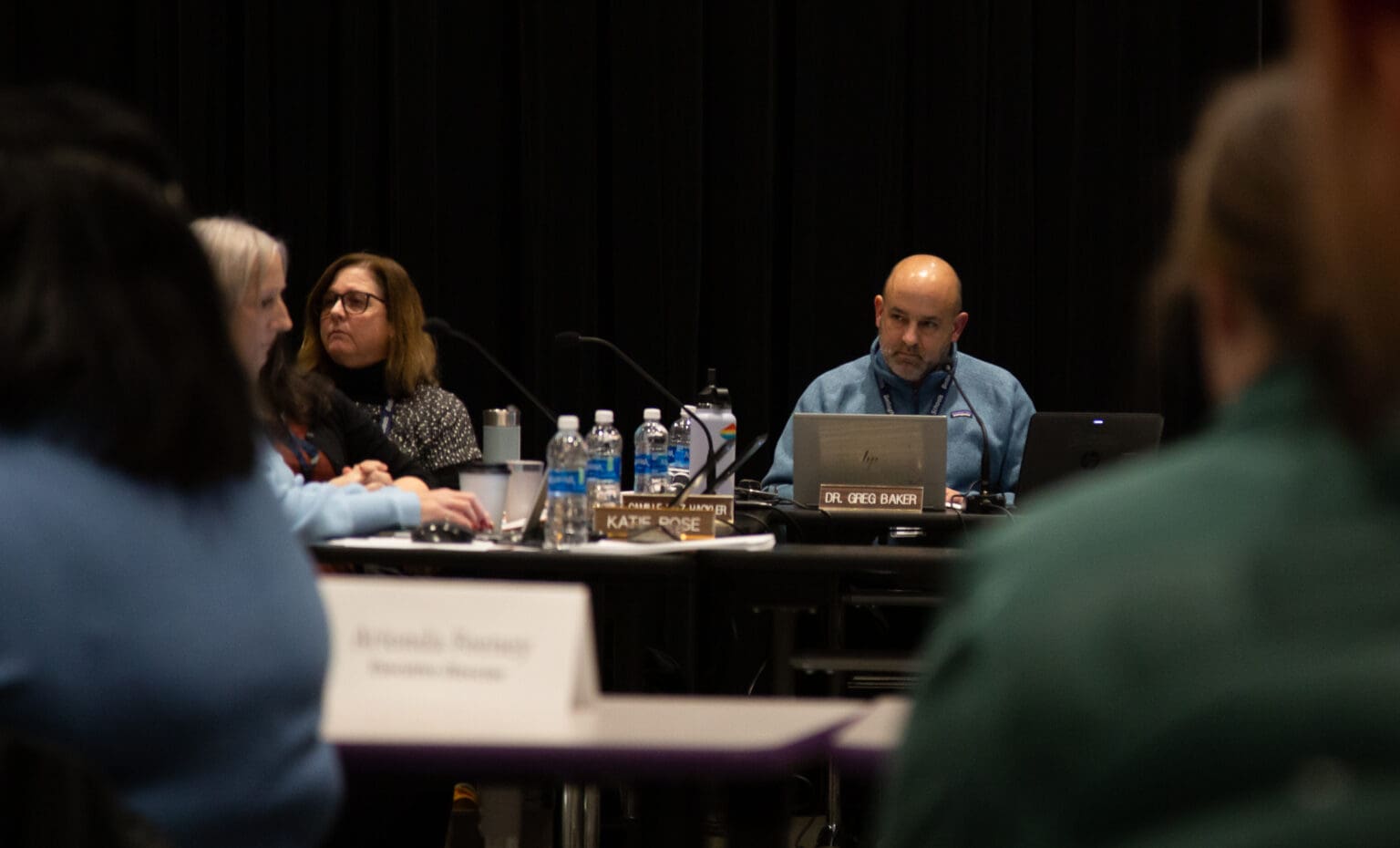Does anyone who works a highly-paid job in Bellingham Public Schools ever make a mistake? Doesn’t seem like it. And should that ever occur, punishment and discipline seem to qualify as old-school relics.
Twice in the last 18 months, actions of district employees have blown up into public scandal: The unfortunate and disturbing football team hazing incident at Sehome High School, followed by legal charges against a trio of administrators at Squalicum High School accused of failing to report to law enforcement a student’s accusation of sexual assault involving another student.
In the former case, the district tripped over itself for weeks to obscure the fact that the football coach in question, as revealed in a CDN investigation, knew about the hazing incident but didn’t immediately report it to district authorities.
More broadly, the district refused to even acknowledge the nature of what happened in the hazing incident, allowing imaginative rumors to swirl. It also refused to identify participants, citing what has become its excuse de jour for lack of candor: student privacy laws. (They’re relevant, but it’s also possible to convey general information without betraying identities.)
The football coach served a brief suspension and met the oh-well fate of a resignation, or more likely, non-renewed contract at the end of the academic year.
The team forfeited a single game, which the district made clear was “not a punishment.” And no other student, coach nor administrator was disciplined in the matter, at least not in ways made public. The message to students, parents and the community: some unspecified very, very bad stuff happened in what was the latest example of a pervasive issue — but none of it rose to the level of actual discipline, which at District HQ is apparently frowned upon.
In the Squalicum sexual assault matter, Superintendent Greg Baker and the district again moved swiftly and aggressively after charges were filed to deny any wrongdoing on the part of the administrators, insisting not only that they were innocent of a crime, but made no mistakes at all. All three were reassigned, with pay, while an investigation unfolded, and gross misdemeanors ultimately charged. Outraged students staged walkouts.
In a somewhat-unusual settlement earlier this month, Whatcom County prosecutors swapped what amounted to a confession of wrongdoing for a deferred sentence: The three administrators will do some community service work and receive additional training, but their career paths in the district seem free and clear.
No harm, no foul? Clearly not to the student whose trauma launched the matter initially. That person last December filed a federal civil rights suit that remains unresolved. The charges of the district’s handling of the case — to be clear, not yet heard in court, nor vetted — are damning.
Of note in each case are the consistent public responses of Baker (or “Dr. Baker,” as he is rather oddly referred to within walls of district offices.)
Baker, erecting a public-information wall based on his perception of student privacy laws, took no steps to inform a concerned public what happened, even in general terms, in the Sehome hazing incident.
He once more defiantly backed his employees involved in the Squalicum mess, going so far this month as to blatantly contradict what the employees themselves agreed to in open court, and what the county prosecutor said in the wake of that settlement.
Prosecutor Eric Richey told The Bellingham Herald that “The administrators submitted statements that indicated that they should have reported the abuse and failed to. … That was something that was important to the prosecutor’s office, to law enforcement and to the community.”
Administrators told the court they believed they had initially “responded appropriately” to reported unwanted sexual contact between two students, but after a “full review” admitted: “… We acknowledge and understand that the unwanted sexual contact disclosed should have been reported” to law enforcement (emphasis mine).
The good doctor’s response? “We continue to believe that our staff acted in good faith to protect and support a student, and that the specific information they received did not require a mandatory report,” Baker wrote to the community Dec. 5.
Again, with a lawsuit hanging, admitting mistakes is a minefield. But Baker’s take, in both instances, smacks strongly of administrative arrogance: We’re the pros here when it comes to matters of kids and discipline. We know what we’re doing. You don’t know all the facts. We can’t share them with you.
Trust us.
There’s the rub. Trust is earned, and polished by transparency. Neither are in evidence from school district offices in this pair of disturbing instances.
The district’s slavish devotion to student privacy, and its loyalty to employees, is admirable. But not to the extent that this circling of wagons rolls right over public trust and transparency. There are plenty of ways to impart information without violating laws.
Perhaps the vaunted “Bellingham Promise” needs an edit to write in some real-world realities: Schools don’t operate in societal vacuums. Students sometimes make grave mistakes that hurt other students to a degree that discipline — yes, even, god forbid, publicly visible — is necessary.
So, too, do school administrators.
Baker’s deep stable of administrators constantly repeats the mantra that “the safety of our students is our highest priority.”
“We will continue to provide training to all Bellingham Public Schools staff, so they can provide appropriate responses when students report sexual misconduct or assault, and other forms of abuse and neglect,” Baker wrote on Dec. 5. “We know the importance of believing and listening to students and survivors and taking action right away to support them.”
Wonderful. So act like it.
Ron Judd’s column appears on Fridays; ronjudd@cascadiadaily.com, @roncjudd.





Lund’s responsive, innovative Bellingham housing plan deserves full approval